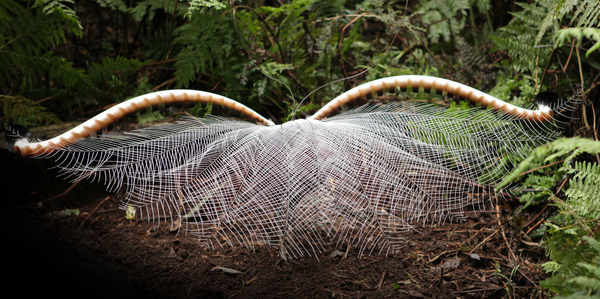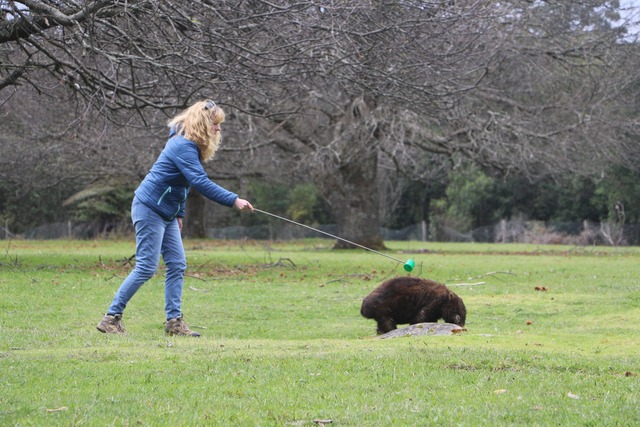Fairy tales don’t come much happier than the story of the lyrebirds of Sherbrooke Forest – one of the most rousing successes in recent conservation history.
That success is attributed to the Sherbrooke Lyrebird Survey Group who has been monitoring their numbers for the past 60 years.
Long-time Sherbrooke Lyrebird Survey Group member and convenor Alex Maisey explained that the survey dates offer residents a chance to explore Sherbrooke Forest and see lyrebirds in their natural environment.
“We try to meet at 6am and get everyone out to site by 7am,” he said.
“You get to listen to the bird’s first call. They sleep up in the tops of the mountain ash and each male in their territory sings their first song and that’s what we are listening to.
“Each lyrebird has its own whistle song, it’s a really loud lyrebird specific call and that’s the one you hear first, but then it’s interspersed with the mimicry – whip birds and rosellas.
“It is quite intrepid, you’re out there at 6am and it’s dark – in the tall mountain ash forest – and you don’t know what you’ll see, hear or find.”
Volunteers are allocated to teams and, armed with compasses, watches, pens and paper, each team ventures by torchlight into the darkness to await the first calls of their quarry.
The survey has shown great success and over the past 20 years the population has more than doubled.
Together with Parks Victoria and local wildlife groups, the Sherbrooke Lyrebird Survey Group has brought the bird back from the brink.
Recently assistance has come from the Wettenhall Environment Trust, which donated 20 cameras to the group.
Mr Maisey said these cameras would help to monitor the nest success of breeding lyrebirds and understand the threats they faced.
Most notably the cameras will also help to keep tabs on the introduced samba deer, which now pose the greatest threat to the birds.
“We’re interested to know from the group’s point of view what’s causing failures in nests and which predators are causing nest failure,” he said.
“Are these feral or native predators and we’ve never been able to record that information very accurately but this gives us an opportunity to monitor a huge number of nests.”
The surveys are held on 22 June, 6 July and 20 July at Grants Picnic Ground Shelter, meeting at 6am sharp.
Following the survey breakfast is provided and anyone interested can email Mr Maisey at alexmaisey@hotmail.com.







